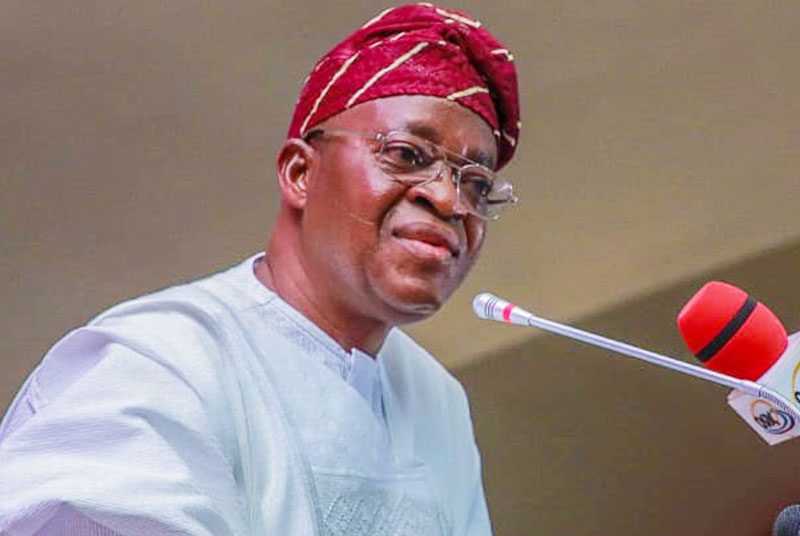Stakeholders in the maritime sector have urged the Minister of Marine and Blue Economy, Mr Adegboyega Oyetola, to provide clarity of directions for departments and agencies in the ministry for Nigeria to benefit from the sector which is worth more than $1.5 trillion annually.
According to the World Bank, the blue economy is the “sustainable use of ocean resources for economic growth, improved livelihoods and jobs while preserving the health of ocean ecosystem.”
It is estimated to be worth more than $1.5 trillion per year globally and provides over 30 million jobs and supplies a vital source of protein to over three billion people.
Stakeholders, however, said without clarity of purpose, agencies under the ministry would not perform efficiently.
China urges Nigeria to invest in education, healthcare
Yam festival: Obi of Onitsha lauds Anambra indigenes for promoting Igbo culture
A former Executive Secretary of the Nigerian Shipper’s Council, Barr. Hassan Bello, said the first step to diversify the economy had been taken by President Bola Ahmed Tinubu through the creation of new ministries.
Bello noted that to reap the gains in the sector, the next step is for the minister to provide clarity of purpose for all practitioners.
According to him, Nigeria had for long been an import-dependent nation, which has made the economy vulnerable to global crises.
“To key into world trade, the government should encourage exports. This will increase the nation’s foreign earnings, unlike the years of reliance on oil.
“The Nigerian Ports Authority (NPA) and the Nigerian Shipper’s Council are doing marvellously well in that regard.
“The creation of the Ministry of Marine and Blue Economy is a novel development in the history of the nation,” he said.
He added the blue economy entails “the economic empowerment and resilience of communities living around the oceans and seas, lakes and rivers and building economic instruments to leverage environmental protection such as blue carbon, blue bonds and coastal resilience insurance. All these are geared towards freeing the economy from the bondage of oil.”
The founder, Nigerian Association of Government Approved Freight Forwarders (NAGAFF), Dr Boniface Anirbonam, called for training and retraining of freight forwarders who, he said, are a vital link in achieving the blue economy.
According to him, one of the reasons the Council for the Regulation of Freight Forwarders of Nigeria (CRFFN) was created is to offer a platform for the training of freight forwarders.
“Sadly enough, these sets of persons who are in the informal sector are left without training. The minister should look at how to make CRFFN work,” he added.

 Join Daily Trust WhatsApp Community For Quick Access To News and Happenings Around You.
Join Daily Trust WhatsApp Community For Quick Access To News and Happenings Around You.


